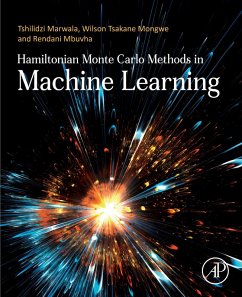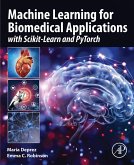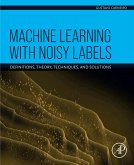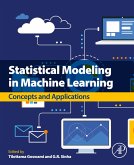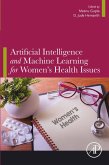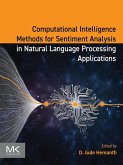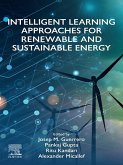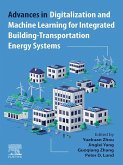Other sections provide numerous solutions to potential pitfalls, presenting advanced HMC methods with applications in renewable energy, finance and image classification for biomedical applications. Readers will get acquainted with both HMC sampling theory and algorithm implementation.
- Provides in-depth analysis for conducting optimal tuning of Hamiltonian Monte Carlo (HMC) parameters
- Presents readers with an introduction and improvements on Shadow HMC methods as well as non-canonical HMC methods
- Demonstrates how to perform variance reduction for numerous HMC-based samplers
- Includes source code from applications and algorithms
Dieser Download kann aus rechtlichen Gründen nur mit Rechnungsadresse in A, B, BG, CY, CZ, D, DK, EW, E, FIN, F, GR, HR, H, IRL, I, LT, L, LR, M, NL, PL, P, R, S, SLO, SK ausgeliefert werden.

